Understanding the Basics of Fertility
Before delving into natural methods, it's crucial to grasp the fundamentals of fertility. Both partners play a role in the conception process, and factors such as age, overall health, and lifestyle can significantly influence fertility. A holistic approach involves addressing these factors collectively to create an optimal environment for conception.
Sexuality: A Vital Aspect of Fertility
A good knowledge of sexuality forms the cornerstone of natural fertility. Understanding menstrual cycles, identifying fertile windows, and adopting healthy sexual practices are key components. Effective communication between partners can alleviate stress and create a supportive environment for conception. Cultivating a positive and enjoyable sexual relationship can contribute to overall well-being and enhance the chances of conception.
Acupressure:Tapping into Traditional Wisdom
Acupressure, rooted in traditional Chinese medicine, involves applying pressure to specific points on the body to stimulate energy flow. Focused acupressure sessions can help regulate the reproductive system, balance hormones, and reduce stress. Points such as the Spleen 6 (SP6) and Conception Vessel 4 (CV4) are believed to enhance fertility by promoting blood circulation and supporting the reproductive organs.
Nutrition: Fueling Fertility with the Right Foods
Nutrition plays a pivotal role in fertility. A well-balanced diet rich in vitamins, minerals, and antioxidants supports reproductive health. Incorporating fertility-boosting foods such as leafy greens, fruits, whole grains, and omega-3 fatty acids can positively impact hormonal balance and egg quality. Avoiding excessive caffeine, alcohol, and processed foods is equally important in promoting a fertility-friendly environment.
Homeopathy: Tailoring Remedies for Fertility
Homeopathy, a system of alternative medicine, uses highly diluted substances to stimulate the body's natural healing mechanisms. When applied to fertility, homeopathic remedies can address underlying imbalances, regulate menstrual cycles, and alleviate emotional stress. Consulting with a qualified homeopath can help identify personalized remedies tailored to an individual's specific fertility challenges.
Yoga: Harmonizing Mind and Body
Yoga, with its holistic approach, offers a range of benefits for fertility. Specific poses and practices can enhance blood flow to the reproductive organs, reduce stress, and promote hormonal balance. Additionally, yoga provides a mindful space for emotional well-being, fostering a positive mindset during the fertility journey.
Before delving into natural methods, it's crucial to grasp the fundamentals of fertility. Both partners play a role in the conception process, and factors such as age, overall health, and lifestyle can significantly influence fertility. A holistic approach involves addressing these factors collectively to create an optimal environment for conception.
Sexuality: A Vital Aspect of Fertility
A good knowledge of sexuality forms the cornerstone of natural fertility. Understanding menstrual cycles, identifying fertile windows, and adopting healthy sexual practices are key components. Effective communication between partners can alleviate stress and create a supportive environment for conception. Cultivating a positive and enjoyable sexual relationship can contribute to overall well-being and enhance the chances of conception.
Acupressure:Tapping into Traditional Wisdom
Acupressure, rooted in traditional Chinese medicine, involves applying pressure to specific points on the body to stimulate energy flow. Focused acupressure sessions can help regulate the reproductive system, balance hormones, and reduce stress. Points such as the Spleen 6 (SP6) and Conception Vessel 4 (CV4) are believed to enhance fertility by promoting blood circulation and supporting the reproductive organs.
Nutrition: Fueling Fertility with the Right Foods
Nutrition plays a pivotal role in fertility. A well-balanced diet rich in vitamins, minerals, and antioxidants supports reproductive health. Incorporating fertility-boosting foods such as leafy greens, fruits, whole grains, and omega-3 fatty acids can positively impact hormonal balance and egg quality. Avoiding excessive caffeine, alcohol, and processed foods is equally important in promoting a fertility-friendly environment.
Homeopathy: Tailoring Remedies for Fertility
Homeopathy, a system of alternative medicine, uses highly diluted substances to stimulate the body's natural healing mechanisms. When applied to fertility, homeopathic remedies can address underlying imbalances, regulate menstrual cycles, and alleviate emotional stress. Consulting with a qualified homeopath can help identify personalized remedies tailored to an individual's specific fertility challenges.
Yoga: Harmonizing Mind and Body
Yoga, with its holistic approach, offers a range of benefits for fertility. Specific poses and practices can enhance blood flow to the reproductive organs, reduce stress, and promote hormonal balance. Additionally, yoga provides a mindful space for emotional well-being, fostering a positive mindset during the fertility journey.


